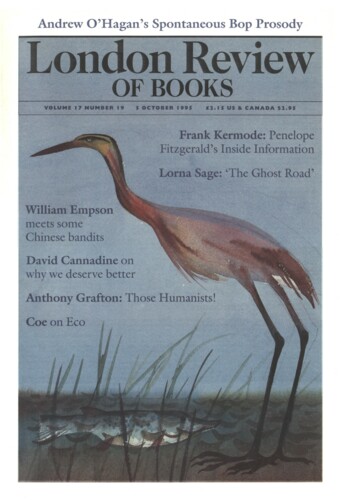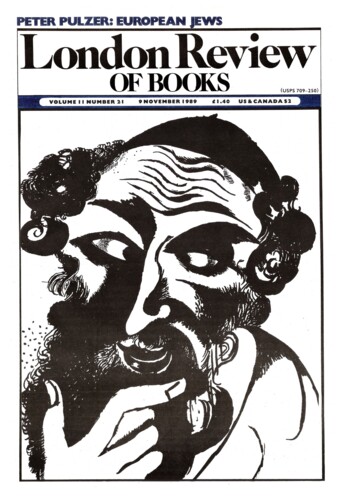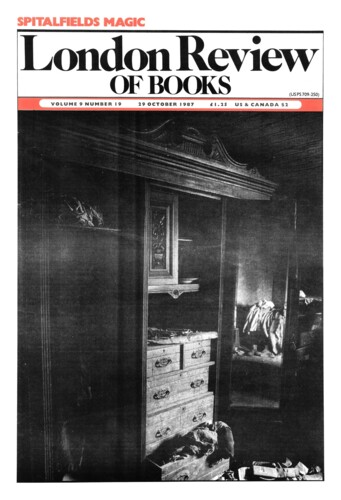The firm went bankrupt
John Barber, 5 October 1995
‘Lenin lived, Lenin lives, Lenin will live!’ Mayakovsky’s words became one of the most quoted Soviet slogans and remained so for decades. And they were not entirely devoid of meaning. Whether or not the dogmas labelled Leninism bore much resemblance to Lenin’s original ideas, they continued to fulfil a legitimising function for the regime, albeit among a diminishing section of the Soviet population. And just as the corpse in the Lenin mausoleum looked fairly lifelike thanks to the skill of Soviet embalmers, so, too, did Soviet ideologues maintain the illusion that Lenin’s theory of socialist revolution still influenced the actions of the USSR’s rulers. Given this, and given the hold of the gerontocracy in the years preceding perestroika, it was even possible to see the point of another ubiquitous slogan: ‘Lenin is more alive than all the living!’




